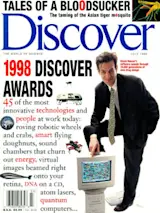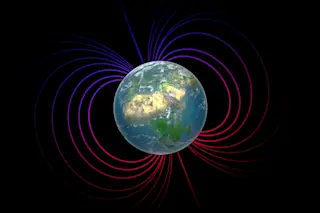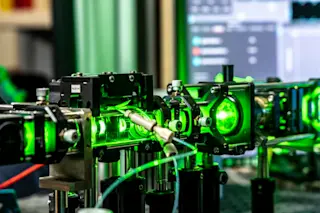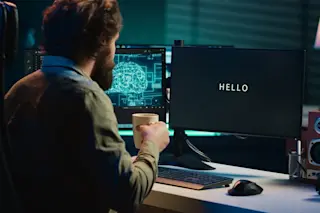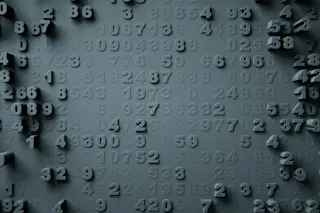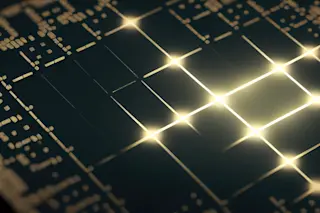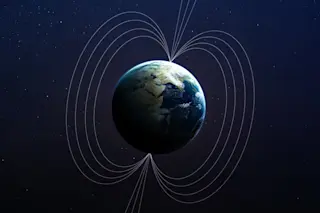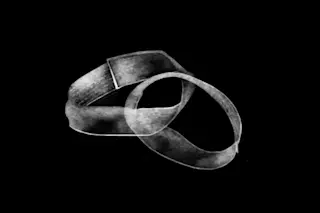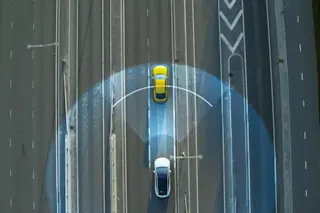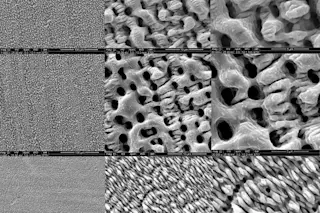Digital recording is a music lover's dream but a music company's nightmare. Since it offers essentially perfect reproduction--on compact discs, digital audiotapes, digital video discs, or even on music sent across the Internet--audiophiles can accumulate vast collections of music, transferring it from one format to another, copying it, and digitally altering it with little effort and no damage to the sound's quality. The same capabilities, however, make it easier for fans to avoid paying royalties to recording companies and artists. Joseph Winograd thinks he's found a way to protect the copyrights of digital music.
Ideally, music companies would like to permanently mark recordings as their own, and perhaps even hide a code in the music that would instruct recording devices not to reproduce it. Pirates could easily isolate and destroy such a code if it's inserted before or after the music, and inserting the code in the body of the ...


